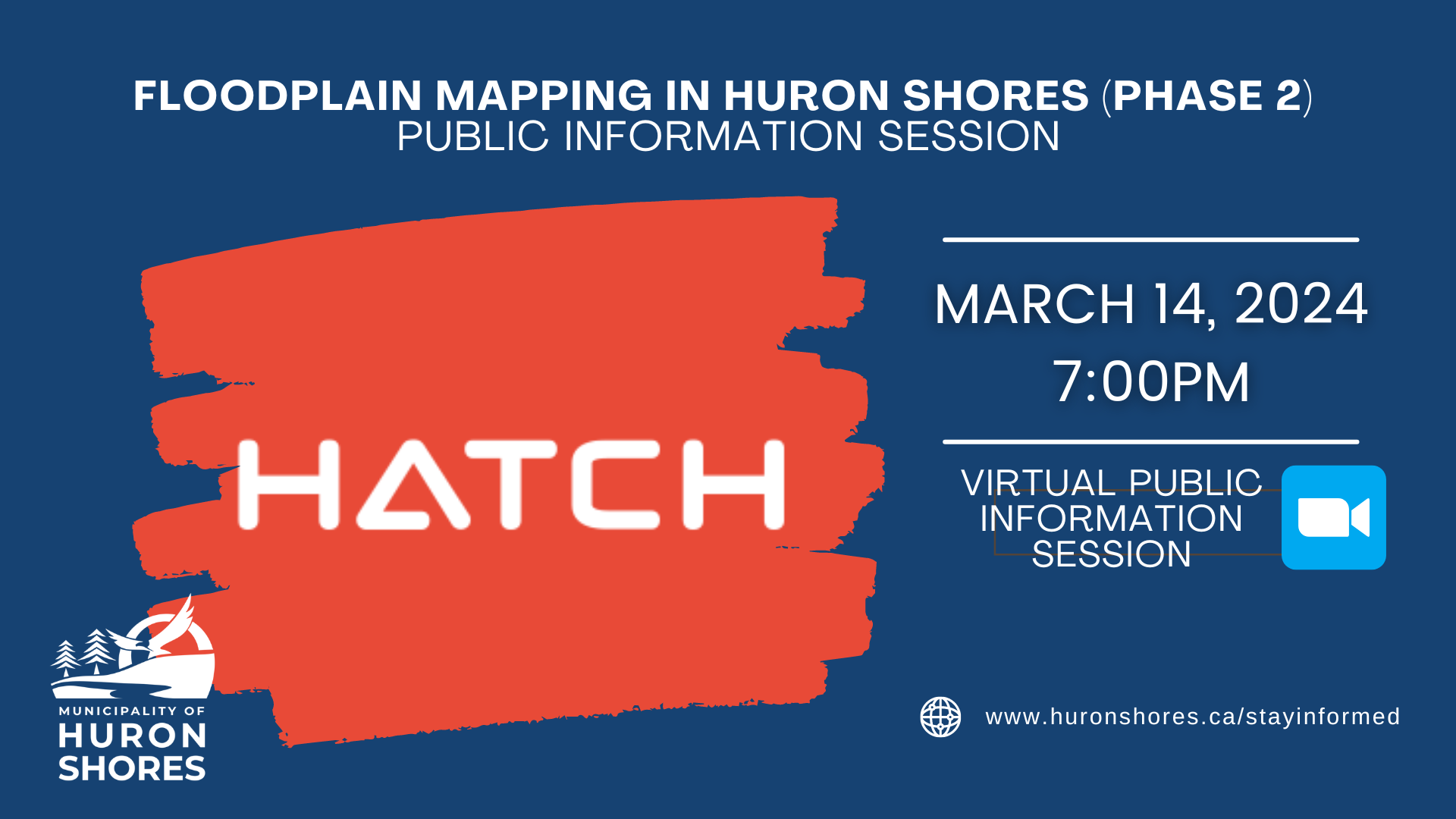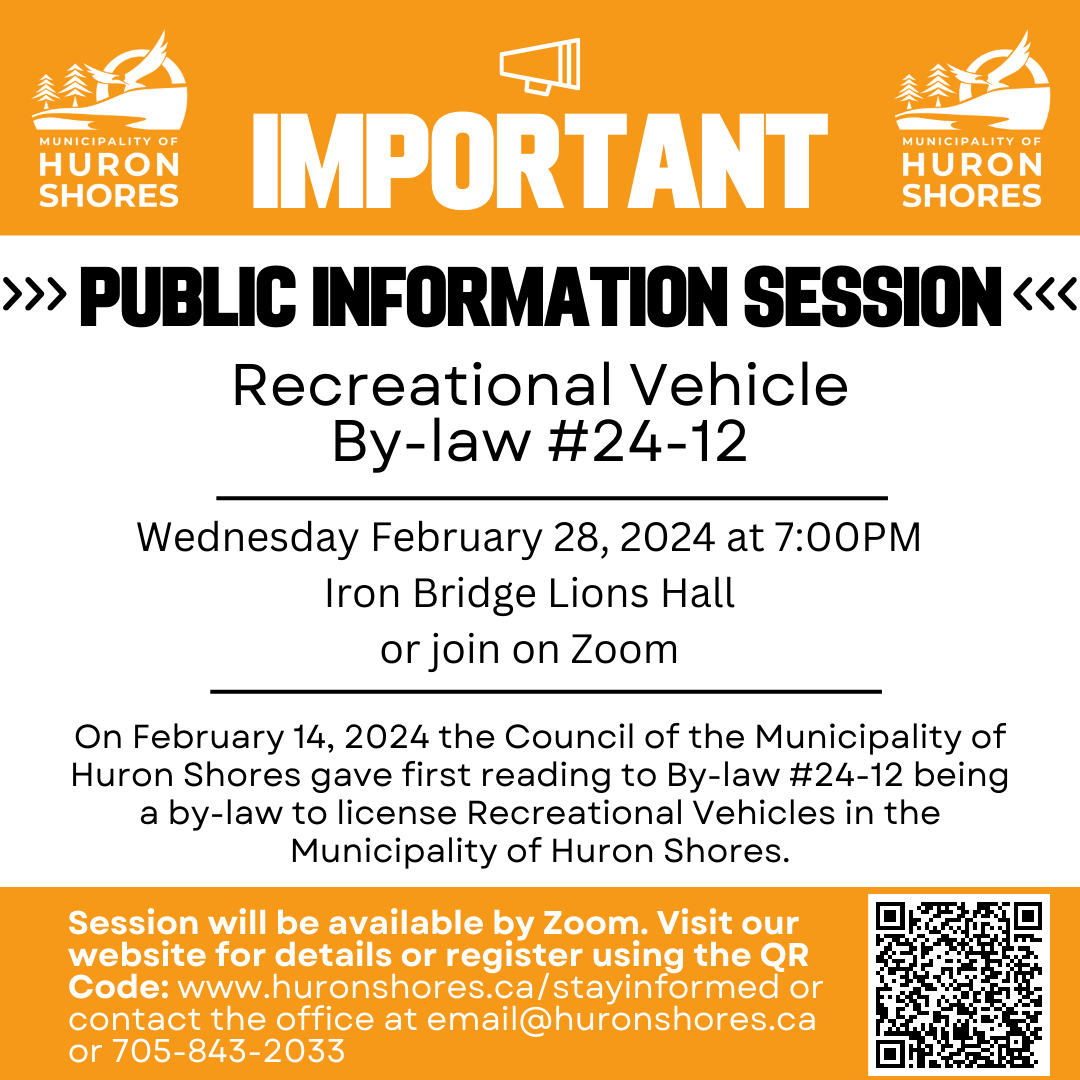Emergency Preparedness Week runs from May 4–10, 2025, and this year’s theme is “Be Prepared. Know Your Risks.” In Huron Shores, we’re focusing on how extreme heat affects everyone—but especially vulnerable populations such as seniors, persons with disabilities, and pets.
🔥 Why It Matters
With climate change leading to more frequent and intense heatwaves, residents must be ready to protect themselves and others from the impacts of extreme heat—especially during power outages or emergency events when cooling may not be readily available.
☀️ Heat-Related Illness: Know the Warning Signs
Watch for these common symptoms:
- Heat rash – red clusters of small blisters
- Heat exhaustion – heavy sweating, dizziness, nausea
- Heat cramps – painful muscle spasms due to dehydration
- Heat stroke – medical emergency: confusion, dry/hot skin, fainting
→ Call 911 immediately if heat stroke is suspected.
✅ How to Stay Safe
💧 Stay Hydrated
- Drink water every 15–20 minutes—even if you’re not thirsty.
- Avoid caffeine and alcohol.
🏠 Stay Cool
- Spend the hottest hours (12–2 p.m.) indoors in cool spaces.
- Use fans, AC, or take cool showers.
- Block sun with curtains or blinds.
- Use public spaces like libraries and community centres as cooling locations.
🌞 Outdoor Safety
- Wear light-coloured, loose clothing, a wide-brimmed hat, and sunscreen.
- Limit outdoor activity to morning or evening.
- Never leave people or pets in parked vehicles.
🧓 Resources for Vulnerable Residents
📘 Ontario Seniors: How to Be Prepared
This guide provides planning checklists, emergency kit tips, and communication strategies tailored to seniors.
🔗 View/Download the Seniors Guide (PDF)
♿ Emergency Preparedness for People with Disabilities
Includes advice for mobility, vision, hearing, and non-visible disabilities, plus kit checklists and contingency planning.
🔗 View/Download the Disability Guide (PDF)
📝 Vulnerable Persons Registry
Do you have a loved one who may need extra help during emergencies due to age, health, or disability? Add them to our Vulnerable Persons Registry to ensure first responders are aware of those who may require assistance during a crisis.
Vulnerable Persons Registry – Check Eligibility & Register
VPR Information Brochure
VPR Information Poster
🐾 Don’t Forget About Pets!
Your pets rely on you during emergencies too.
- Include them in your emergency plan.
- Prepare a pet emergency kit with food, water, leash, medications, and ID.
- Arrange a safe place to bring them in case of evacuation.
📘 Pets and Emergencies Checklist
🧰 Emergency Kit Essentials
Prepare to be self-sufficient for at least 72 hours:
- Water (4L per person/day)
- Non-perishable food and manual can opener
- Flashlight, batteries, first aid kit
- Medications, personal hygiene items
- Emergency contacts list, important documents
- Cooling items like mist bottles, extra fans, and sunscreen
👥 Look Out for Each Other
Check in on elderly neighbours, those with health concerns, and households without air conditioning. If it’s unsafe for you, it’s unsafe for your pets or loved ones too.





